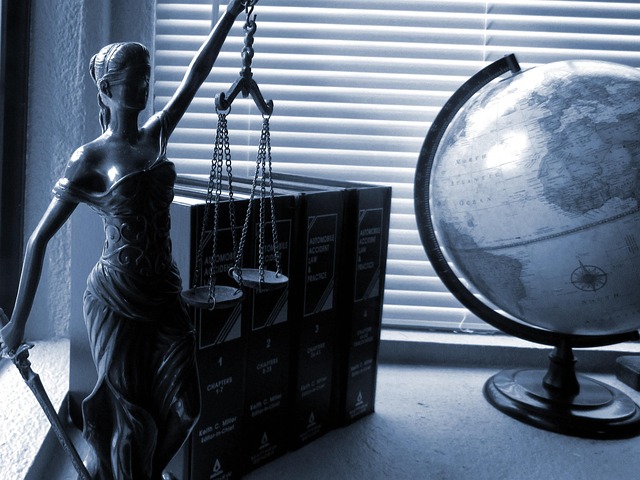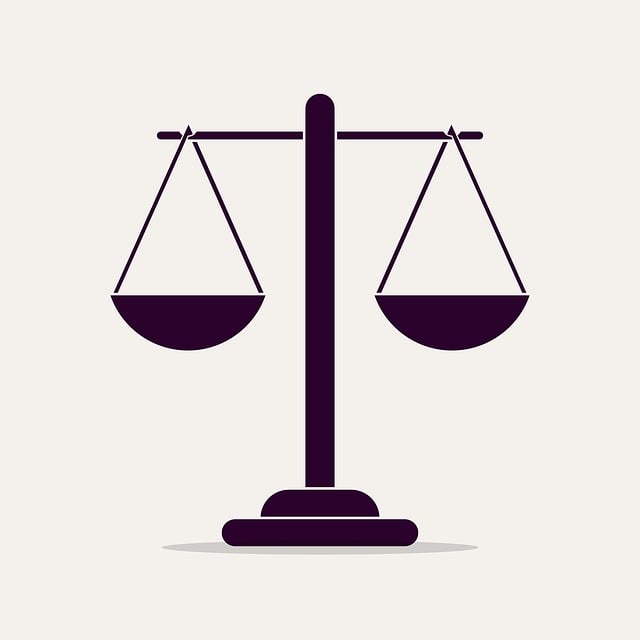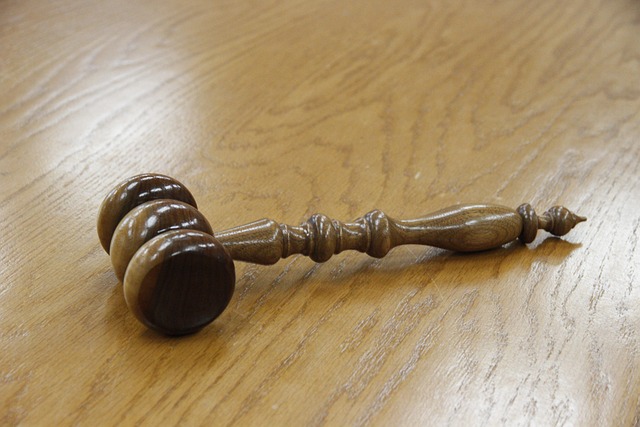Public corruption charges, involving illicit activities by public officials, require understanding and navigating Navigating Complex Securities Litigation Regulations that vary across jurisdictions. Each country has unique legal frameworks with strict penalties, including potential jail time. White-collar defense focuses on intent and cooperation with authorities. Skilled legal counsel is essential to achieve a fair outcome in these complex cases. Effective handling involves constant research, seamless communication, technology for case management, and crafting compelling narratives. Leveraging past success in securities cases can mitigate outcomes and secure leniency.
“Public corruption charges pose significant challenges, especially within the intricate landscape of securities litigation. This article delves into the core aspects of understanding and defending against these accusations, focusing on securities-related cases. We explore definitions, legal frameworks, and the unique complexities of navigating complex securities litigation regulations. By examining best practices for mitigation and defense strategies, professionals can better manage risks and outcomes in such high-stakes situations.”
- Understanding Public Corruption Charges: Definitions and Legal Frameworks
- Navigating Complex Securities Litigation Regulations: Challenges and Best Practices
- Strategies for Defense and Mitigation in Securities-Related Corruption Cases
Understanding Public Corruption Charges: Definitions and Legal Frameworks

Public Corruption Charges refer to allegations of illicit activities by individuals or entities holding public office, violating their duty of trust and integrity. These charges span a wide range, from bribery and embezzlement to abuse of power and conflict of interest. Understanding these charges necessitates delving into the intricate web of Navigating Complex Securities Litigation Regulations that vary across jurisdictions. Each country has its own legal frameworks, defining and penalizing corrupt practices, often with strict penalties and potential jail time.
The white collar defense is a critical aspect for those accused, focusing on mitigating culpability based on factors like intent, knowledge of legality, and cooperation with authorities. In cases across the country, successful defenses have centered on demonstrating absence of malicious intent or mitigating circumstances. This complex landscape requires skilled legal counsel who can guide their clients through these intricate legal frameworks, ensuring a fair outcome in what can be a challenging and stressful situation.
Navigating Complex Securities Litigation Regulations: Challenges and Best Practices

Navigating Complex Securities Litigation Regulations presents a unique set of challenges for legal professionals. With intricate rules and guidelines governing securities markets, understanding and adhering to these regulations is paramount in white collar and economic crimes cases. Lawyers involved in general criminal defense often find themselves navigating a complex web of laws aimed at protecting investors and maintaining market integrity.
Best practices in this area include thorough research and constant updates on regulatory changes. Effective communication between legal teams, regulators, and clients is essential to avoid misunderstandings and missteps. Additionally, leveraging technology for efficient case management and document review can significantly enhance the defense strategy. By adopting these approaches, legal professionals can better address the complexities of securities litigation, ensuring robust defenses in white collar cases.
Strategies for Defense and Mitigation in Securities-Related Corruption Cases

Navigating Complex Securities Litigation Regulations is a critical step for individuals and entities facing public corruption charges. A robust defense strategy should encompass several key elements. First, thorough legal research into the specific regulations governing securities-related misconduct is essential to identify any potential loopholes or areas where the charges might be vulnerable to challenge. This includes understanding the intent behind the laws and regulatory guidelines, as well as any precedents set by similar cases.
Next, crafting a compelling narrative that explains the actions in question can be crucial for avoiding indictment or securing a complete dismissal of all charges. Demonstrating good faith efforts to comply with regulations and rectifying any violations promptly can significantly strengthen the defense. Leveraging an unprecedented track record of successful mitigation efforts in past securities-related corruption cases can also serve as a powerful argument in favor of leniency or reduced penalties.
Public corruption charges pose significant challenges, especially in the intricate landscape of securities litigation. As demonstrated, understanding the legal frameworks surrounding these charges is crucial for effective defense and mitigation strategies. By adhering to best practices in navigating complex securities litigation regulations, organizations can better protect themselves against such accusations, ensuring compliance and promoting ethical conduct within their operations.






